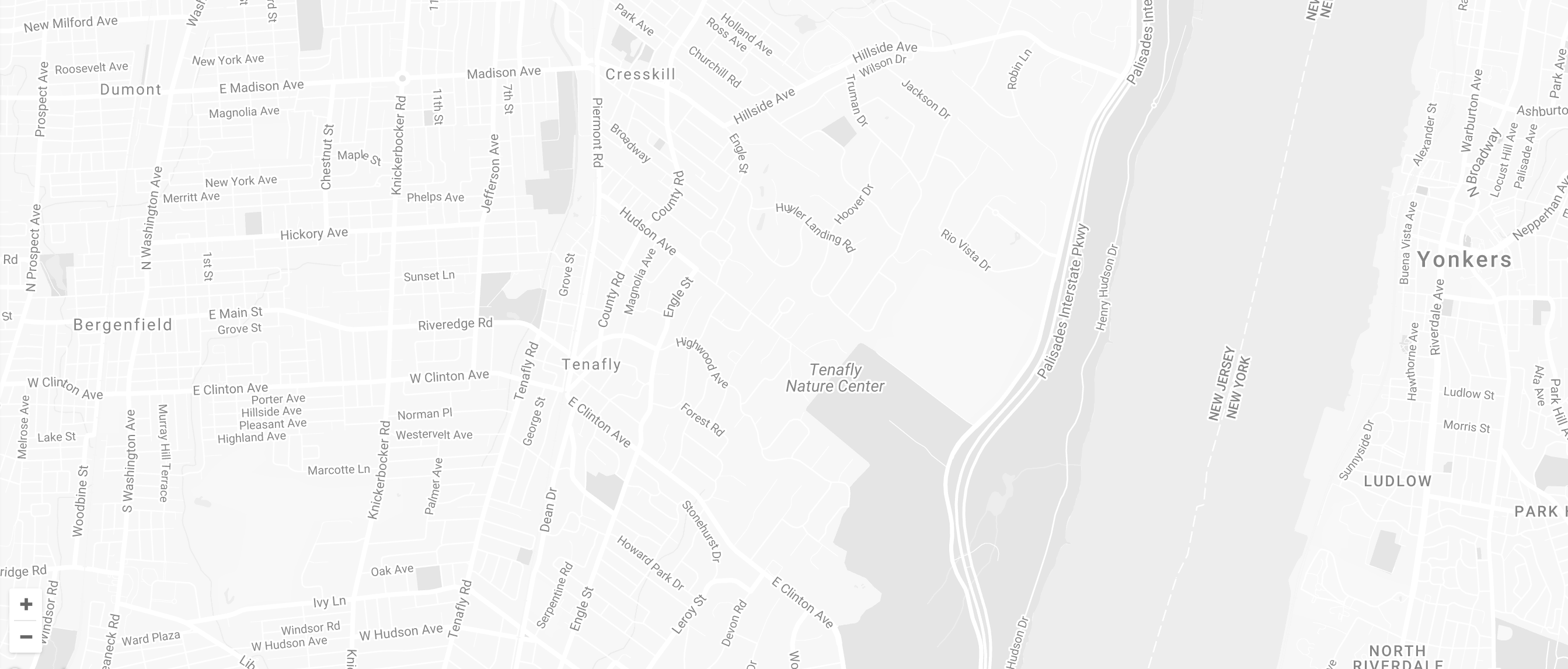Knowledge and Resources for Hospitals and Providers
Education and Support for Patients and Families
Collaborations
Advocacy
Funding
Innovations in Reproductive Brain Science
Infrastructure for Comprehensive Care
"The vision is to weave perinatal and women's mental health into the culture and fabric of healthcare itself. It's about system change, creating better standard of care."
Education, resources and support. Our programs for providers and hospitals help improve care options for patients, business growth, and quality of outcomes.
Our Center for Maternal Mental Health and network for support, resources and treatment options to prevent and survive mental health challenges.
We are committed to advancing science, societal infrastructure and healthcare culture. We understand the gaps, address the core issues, and create more effective and sustainable solutions.
More women die from pregnancy-related complications in America than in any other developed country. Postpartum Depression the most common complication; Suicide is the leading cause of death in postpartum women.
20% of women who have been pregnant will suffer from a Perinatal Mood or Anxiety Disorder
Estimated societal cost of Untreated Perinatal Mood and Anxiety Disorders in the US in 2020
925,000 postpartum women do not have access + help

Coming Soon
One of several mental illnesses affecting 20% of peripartum and perimenopausal women .
Affects more than 30% of peripartum or perimenopausal women. Racing, intrusive thoughts are common and can worsen if untreated.
Symptoms are common, but unwanted and repetitive. Intrusive thoughts and behaviors interfere with daily life and functioning.
Resulting from real and perceived trauma, a debilitating illness affecting over 10% of women and partners.
The most rare diagnosis affecting 0.1% - 0.2% of postpartum women, usually within the first 2 weeks.
A Bipolar or Mood Disorder is characterized by periods of extreme highs (hypomania/mania) and lows (depression).
More women will suffer from postpartum depression and related illnesses in a year than the combined number of new cases for men and women of tuberculosis, leukemia, multiple sclerosis, Parkinson's disease, Alzheimer's disease, lupus and epilepsy."
OB/GYNs need to be there to reassure mothers that whatever they're feeling—whatever 'bad' thoughts they're having—are normal. You're not a bad mom because you're dealing with mental health issues."
Only Aurielle could truly understand my early-menopause depression at 27, which I had top of postpartum depression and issues with hormones. There was no one else. She saved my life."
Women during their childbearing years account for the largest group of Americans with depression."
Women who suffer from depression during pregnancy and their infants are at risk for costly complications. Nearly $15 billion dollars is spent on childbirth-related hospitalizations and half of these costs are billed to private insurance."
CONTACT US

Elevating and improving the standard of care for patients with Perinatal Mood and Anxiety Disorders.
(636) 627-8081
400 Tenafly Road
PO Box 220
Tenafly, NJ 07670
If you are in Crisis, please Call: 1-800-784-2433 or 1-800-273-8255. You can also text "START" to 741-741. If this is a true psychiatric or life-threatening emergency, please pick-up the phone: Dial: 911, or go to the nearest Emergency Room, immediately.